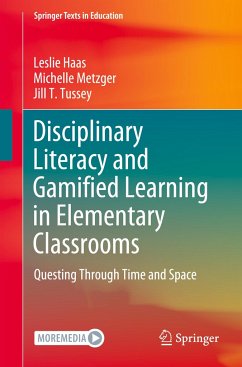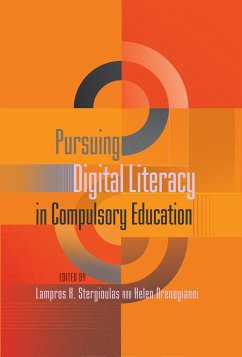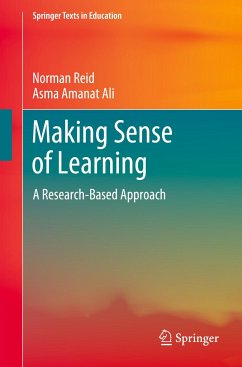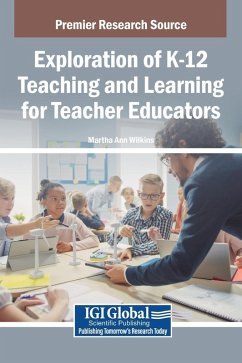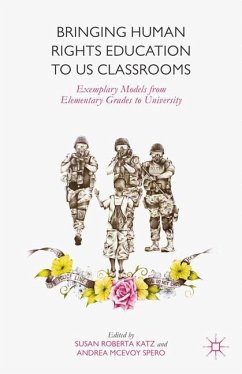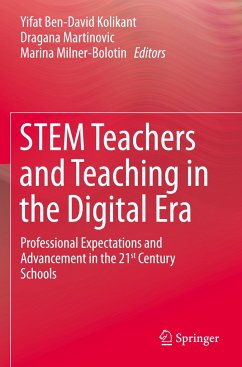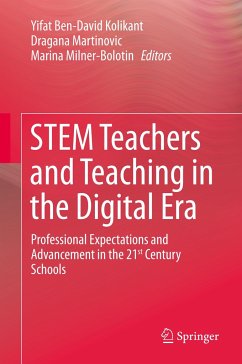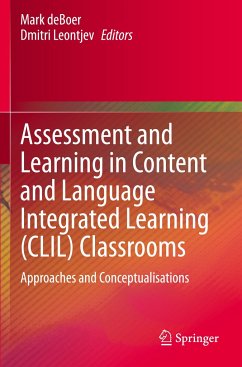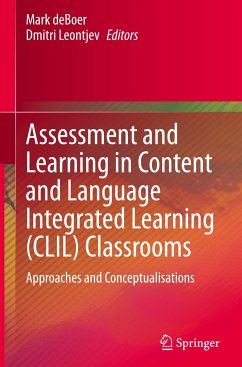
Disciplinary Literacy and Gamified Learning in Middle School Classrooms
Questing Through Time and Space

PAYBACK Punkte
0 °P sammeln!
This textbook prepares teachers to incorporate gamified learning experiences into middle school classrooms. Its focus provides concrete examples of how to seamlessly integrate literacy across disciplines in a fun, engaging, and unique way for all learners. Furthermore, this book offers practical information related to pedagogy, content, and differentiation for each lesson. Preservice teachers, practicing teachers, instructional coaches, and administrators can benefit from this user-friendly text and its companion digital components, allowing for replication of lessons based on national standar...
This textbook prepares teachers to incorporate gamified learning experiences into middle school classrooms. Its focus provides concrete examples of how to seamlessly integrate literacy across disciplines in a fun, engaging, and unique way for all learners. Furthermore, this book offers practical information related to pedagogy, content, and differentiation for each lesson. Preservice teachers, practicing teachers, instructional coaches, and administrators can benefit from this user-friendly text and its companion digital components, allowing for replication of lessons based on national standards, backed by best-practices, and supported by differentiated pedagogy.
This unique book begins with engineering marvels that span across centuries and locations. The ten chapters, in chronological order, are titled: Acropolis, Petra, Colosseum, Chichen Itza, Moai, Red Square, Taj Mahal, Neuschwanstein, Eiffel Tower, and Sydney Opera House. By focusing on specific examples of human ingenuity, opportunities are created to delve into the historical and social aspects of each chapter's focus. There are also chances to explore the artistic merit and the art created about and around each marvel. Additional teaching moments lie in understanding the science, engineering, technology, and math embedded in all featured marvels. Each chapter offers material lists, resource materials, and visual/graphic images to support understanding. Teaching tips and differentiation strategies are also provided to support novice and career teachers alike.
This unique book begins with engineering marvels that span across centuries and locations. The ten chapters, in chronological order, are titled: Acropolis, Petra, Colosseum, Chichen Itza, Moai, Red Square, Taj Mahal, Neuschwanstein, Eiffel Tower, and Sydney Opera House. By focusing on specific examples of human ingenuity, opportunities are created to delve into the historical and social aspects of each chapter's focus. There are also chances to explore the artistic merit and the art created about and around each marvel. Additional teaching moments lie in understanding the science, engineering, technology, and math embedded in all featured marvels. Each chapter offers material lists, resource materials, and visual/graphic images to support understanding. Teaching tips and differentiation strategies are also provided to support novice and career teachers alike.





